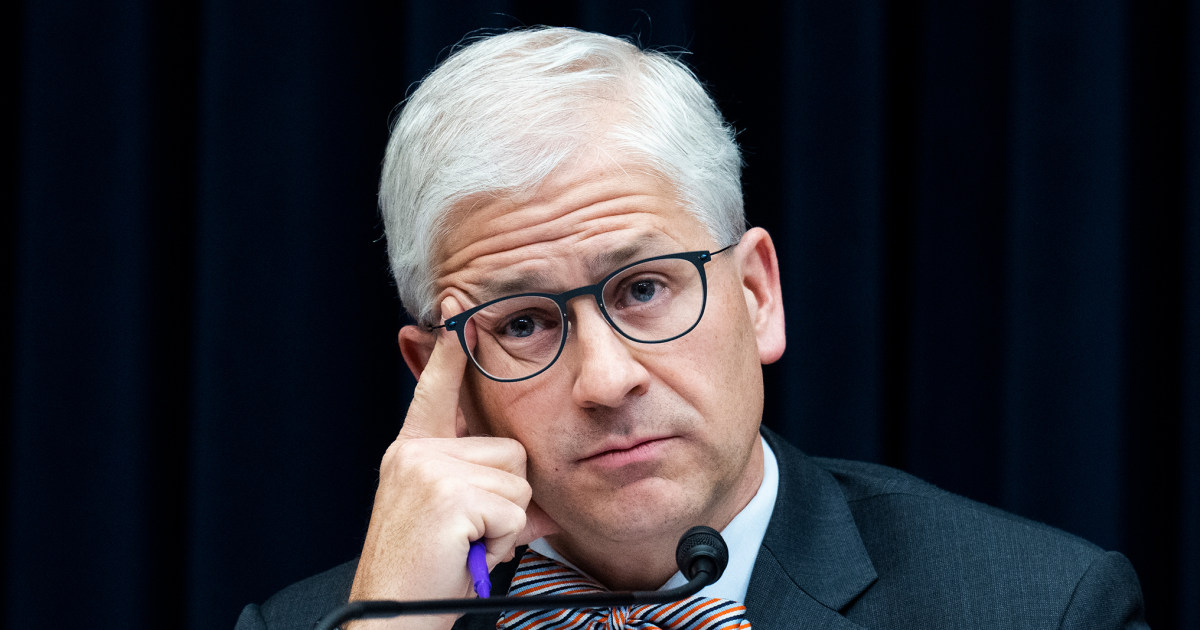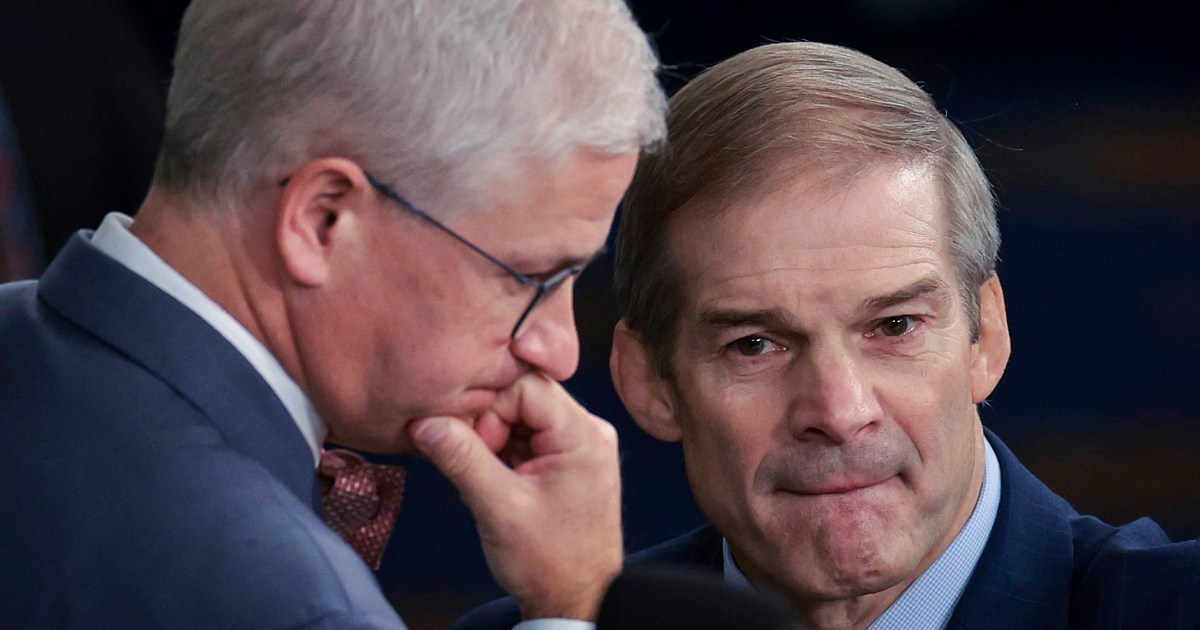It seems to currently be unclear whether McHenry, in his role as speaker pro-tempore of the House, is able to conduct legislative business:
In the meantime, other action on the House floor, including any legislative business, is likely to be halted. House staff aides believe the acting speaker may wield the gavel only to administer the election of a new speaker.
But others argue that as acting speaker, Mr. McHenry can exercise powers beyond overseeing a speaker’s race, as long as a majority tolerates it.
“From an institutional House rules perspective, Speaker McHenry has the powers of the speakership, and he will continue to exercise those powers to the extent and degree that the majority party is willing to tolerate,” said Josh C. Huder, a senior fellow at the Government Affairs Institute at Georgetown University. “If he does something too brash or too bold, they will rein him in. And that’s really the only thing that’s governing his authority.”
House rules do not explicitly prohibit the interim speaker from adopting the powers of an elected speaker. But the rule that led to Mr. McHenry’s ascent was developed with only temporary absences in mind, not a vacant chair, according to Stan M. Brand, the former general counsel to the House. That leaves legal room for Mr. McHenry to exercise broader powers, such as conducting legislative business, if he chooses. -- https://www.nytimes.com/2023/10/04/us/politics/patrick-mchenry-interim-speaker.html
Resolves true if McHenry uses his current pro-tempore position to allow the House to schedule a vote for anything other than a new Speaker. Resolves false otherwise, including if a new Speaker is elected quickly enough that we don't find out whether legislating would have been acceptable.
🏅 Top traders
| # | Trader | Total profit |
|---|---|---|
| 1 | Ṁ1,016 | |
| 2 | Ṁ830 | |
| 3 | Ṁ487 | |
| 4 | Ṁ369 | |
| 5 | Ṁ326 |
People are also trading
In a closed-door meeting Thursday, Rep. Patrick McHenry, R-N.C., told GOP colleagues he might resign as speaker pro tempore if Republicans push him to try to move legislation on the floor without an explicit vote to expand his powers, according to multiple lawmakers in the room.
“If you guys try to do that, you’ll figure out who the next person on Kevin’s list is,” McHenry told the room, three sources said, referring to former Speaker Kevin McCarthy's secret list of GOP lawmakers who would serve as temporary speaker in the event of a vacancy.
https://www.nbcnews.com/politics/congress/patrick-mchenry-house-speaker-pro-tempore-threaten-quit-rcna121314
@FrederickNorris if he schedules legislative votes without being elected speaker this resolves yes, even if that's downstream of a rules change
@JeffKaufman On the other hand, if "empowering" McHenry cashes out to "electing him Speaker" then this would resolve no.
https://x.com/sarahnferris/status/1714661890113069196?s=46&t=RWaQd8scqOYeSauwlSHG4A
This market is ready to move
But Rep. Chip Roy (R-Texas), who serves on the panel, said McHenry is “literally a figurehead” who is there for emergency purposes only. “Under our interpretation of the rules, he does not have the power to move bills on the floor,” he said.
That interpretation is at odds with McHenry’s decision to literally send Pelosi and Hoyer packing, said Rep. Jim McGovern, the top Rules Committee Democrat, in a public posting Wednesday.
“Given the plain text of the rule, I don’t think he has that power,” McGovern (D-Mass.) said, citing a 2004 Rules Committee report that an acting speaker pro tempore serves “for the sole purpose of electing a new Speaker.”
Another person, who spoke on the condition of anonymity to candidly describe internal House discussions over the acting speaker rule, said the plain text is clear even if McHenry’s interpretation isn’t.
“This rule was not written for this situation: It was made for a disaster, not political infighting in the Republican Party,” the person said, while adding, “This has never happened, so there’s no precedent.”




